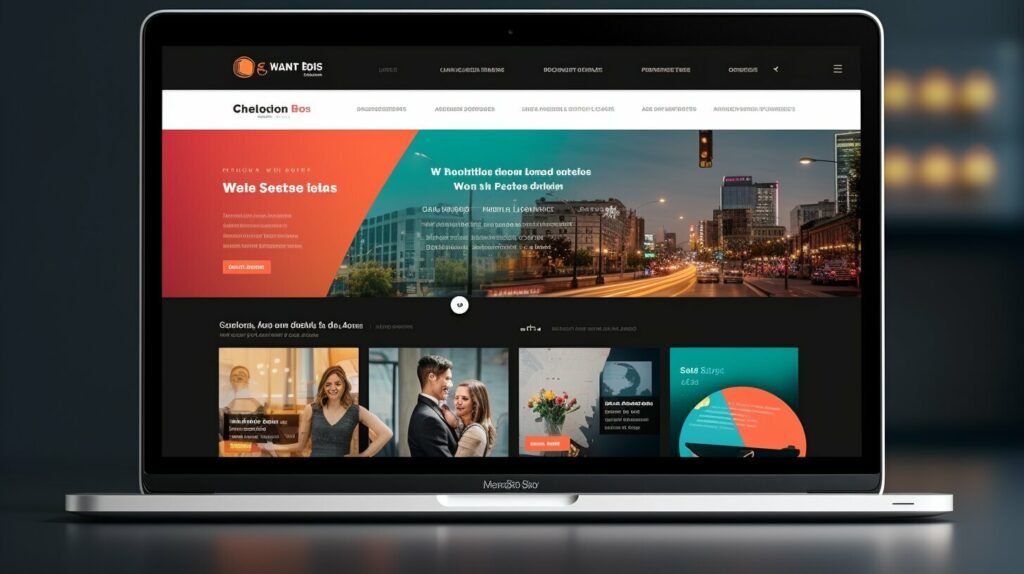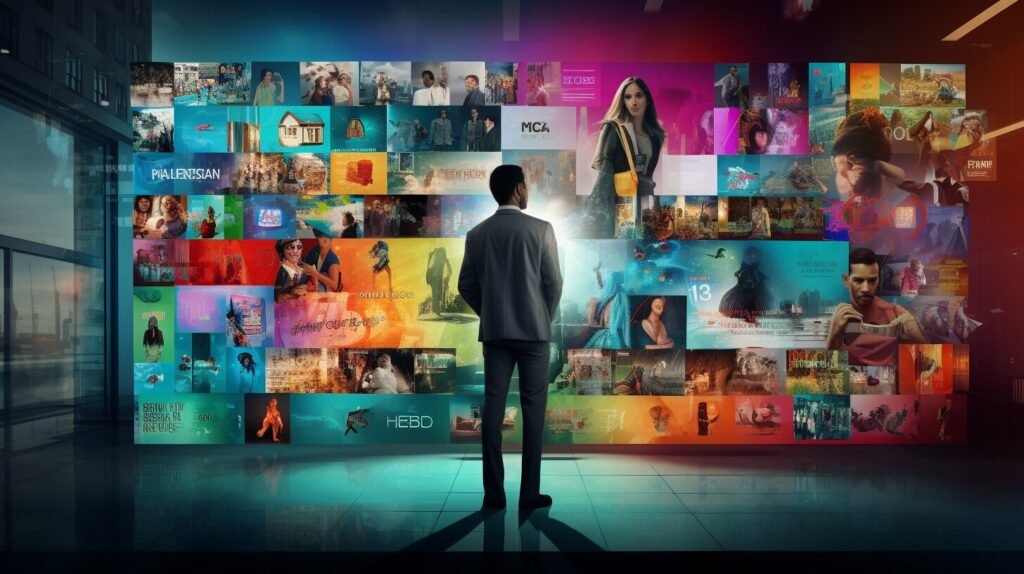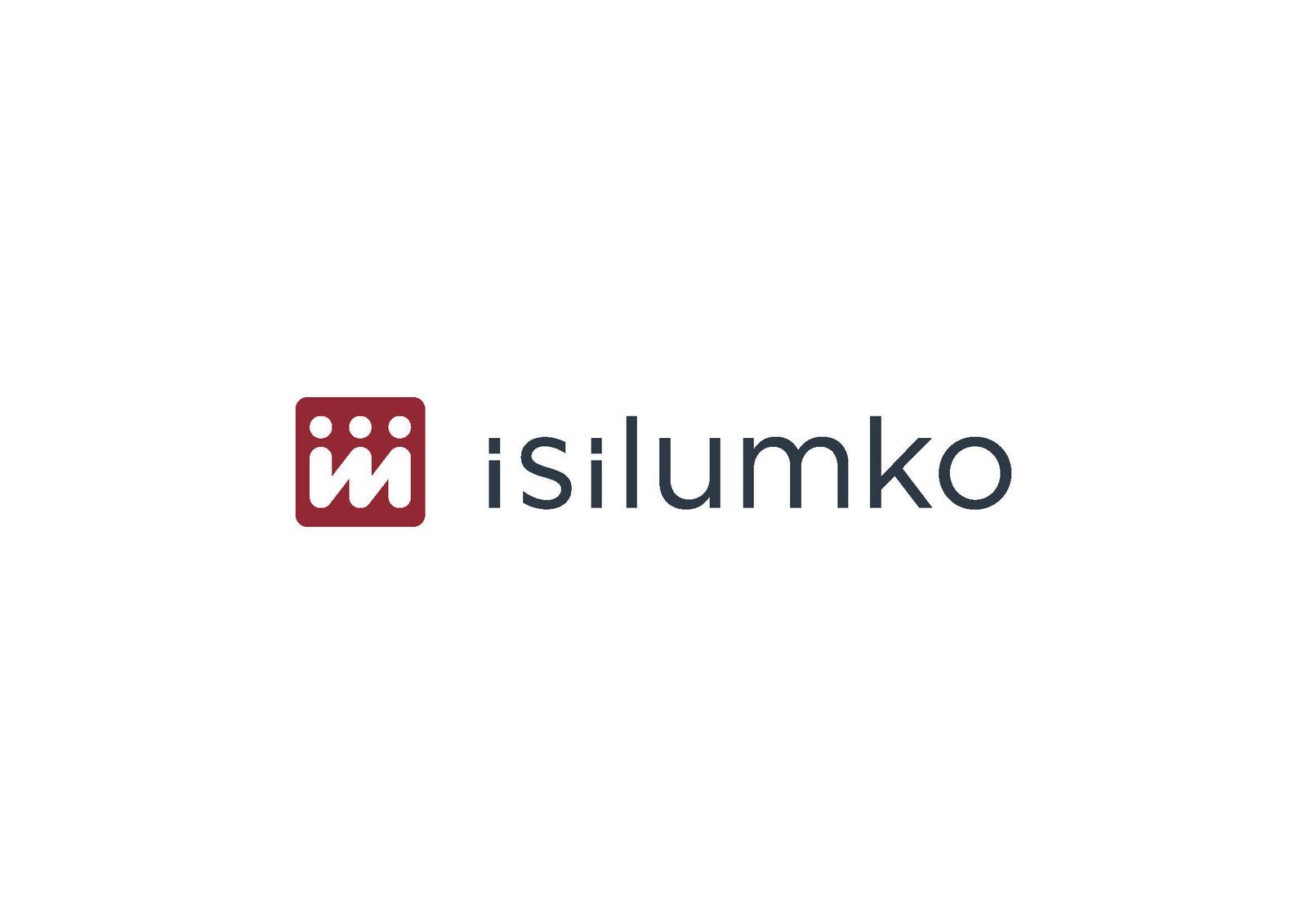Personalization and customization have become essential in Below-The-Line (BTL) marketing, providing unique opportunities to engage customers and drive better results. As businesses pursue innovative ways to stand out in today’s highly competitive market, targeted advertising through personalization and customization has become a game-changer. By tailoring marketing messages and campaigns towards individual customers, brands can create a customized brand experience that fosters loyalty and generates valuable business outcomes.
Key Takeaways
- Personalization and customization are crucial strategies in BTL marketing.
- Targeted advertising can enhance customer engagement and drive better results.
- Creating customized brand experiences fosters customer loyalty and generates valuable business outcomes.
Understanding Personalized Marketing Strategies
Personalized marketing strategies involve tailoring promotional messages to individual customers based on their unique preferences, interests, and behaviors. By creating customized brand experiences, companies can enhance customer engagement and drive better business outcomes.
Customer segmentation is a critical component of personalized marketing strategies. It involves dividing a company’s customer base into groups based on common characteristics such as demographics, behavior, and purchasing history.
There are several ways companies can segment their customers. One common approach is to use geographic segmentation, which involves grouping customers based on their location. Other methods include psychographic segmentation, which involves classifying customers based on their values, interests, and personality traits, and behavioral segmentation, which divides customers based on their actions and behaviors, such as their buying patterns and engagement with marketing materials.
Segmentation enables companies to deliver targeted advertising that resonates with individual customers. By tailoring messages to specific groups based on their unique characteristics, companies can create more personalized brand experiences that are more likely to resonate with customers.
Personalization can help companies create customized brand experiences that drive engagement and loyalty. By leveraging customer data and insights, companies can create messaging that speaks directly to individual customers and meets their unique needs.

Examples of Personalized Marketing Strategies
Several companies have successfully implemented personalized marketing strategies to drive engagement and improve business outcomes. For example, Netflix uses customer data to create personalized recommendations for individual users, while Starbucks has implemented a mobile app that delivers customized offers and promotions to customers based on their location and purchasing history.
Amazon leverages customer data to create personalized product recommendations based on previous purchases and browsing history. The company also uses targeted advertising to deliver customized messages to individual customers based on their interests and behaviors.
These examples demonstrate the power of personalized marketing strategies in driving engagement and loyalty. By leveraging customer data and insights, companies can create more meaningful brand experiences that resonate with individual customers and drive better business outcomes.
Customized Marketing Solutions
Personalization and customization are becoming increasingly important in BTL marketing to create unique and engaging brand experiences. To achieve this, companies need to incorporate customer preferences and interests into their promotional campaigns. Here are some of the customized marketing solutions that can be implemented:
| Customized Promotions | Customized Product Offerings |
|---|---|
| Designing promotions that are tailored to the needs and interests of individual customers. For example, offering discounts on products that a customer has shown a repeated interest in purchasing. | Developing personalized product recommendations based on customer data and behavior. For example, suggesting products that are frequently bought together or that match a customer’s personal style. |
| Customized Content | Customized Shopping Experience |
| Creating tailored content that appeals to specific customer segments. For example, creating blog posts or social media campaigns that are targeted towards customers with a particular interest or lifestyle. | Providing a customized shopping experience by allowing customers to set preferences and create their own profiles. For example, offering personalized product recommendations or allowing customers to save their shopping cart for future purchases. |
These customized marketing solutions can help companies create personalized brand experiences that resonate with individual customers, leading to better engagement and loyalty.
 Image Alt Text: Customized Marketing Solutions
Image Alt Text: Customized Marketing SolutionsImplementing a One-to-One Marketing Approach
A one-to-one marketing approach involves delivering personalized messages to individual customers based on their specific preferences and behaviors. This approach empowers marketers to create tailored brand experiences that resonate with customers and increase engagement. Techniques such as dynamic content and personalized communication channels are used to accomplish this.
Dynamic content is highly effective in delivering personalized messages to customers. It involves displaying content tailored to an individual’s interests, behavior, and preferences. Brands can harness this technique by displaying a different version of the same ad to different users based on their browsing history or past interactions with the brand.
| Benefits of a One-to-One Marketing Approach |
|---|
| 1. Increased customer engagement |
| 2. Higher conversion rates |
| 3. Improved customer loyalty |
Personalized communication channels are another key component of a one-to-one marketing approach. These channels, including email, social media, and mobile apps, allow marketers to interact with customers in a personalized manner. By leveraging customer data and insights, brands can create tailored marketing messages that are more likely to resonate and drive engagement.

Targeted advertising is also crucial in a one-to-one marketing strategy. By targeting specific audiences with tailored messages, brands can increase the chances of users engaging with the brand. This form of advertising helps companies to reach their target audience more effectively and promote their products and services to the right people.
Implementing a One-to-One Marketing Approach: Successful Examples
“Netflix is a great example of a company that uses a one-to-one marketing approach. It offers personalized recommendations to its users based on their past viewing history, preferences, and behavior on the platform. This strategy has proven to be highly effective in increasing user engagement and loyalty.”
Another example is Amazon, which also uses a one-to-one marketing strategy to provide personalized product recommendations to its users based on their browsing and purchase history. This approach has played a significant role in the company’s success and dominance in the e-commerce market.
Importance of Personalized Communication Channels
Personalized communication channels are essential for delivering tailored marketing messages that resonate with individual customers. By understanding how customers prefer to receive information, companies can create a customized experience that fosters brand loyalty and drives better business outcomes.
One of the most popular communication channels for personalized marketing is email. By using customer data to segment email lists and deliver targeted content, companies can see a significant increase in engagement and conversions. For example, a fashion brand could send personalized promotions to customers who have previously purchased dresses, as opposed to sending a generic email to their entire mailing list.

Social media is another effective channel for personalized marketing. By analyzing customer behavior, companies can create targeted ads that are more likely to resonate with specific audiences. For instance, a skincare brand could create an ad that highlights the benefits of its products for customers who have previously engaged with content related to skincare.
Mobile apps represent another communication channel that is becoming increasingly important for personalized marketing. By leveraging customer data from app usage, companies can create customized experiences that deliver content and promotions that are relevant to the unique interests and preferences of each customer. For example, a fitness app could recommend workouts based on the user’s fitness level and goals.
Overall, personalized communication channels are essential for creating tailored experiences that drive customer engagement and loyalty. By leveraging data and analytics, companies can create marketing campaigns that resonate with individual customers and lead to better business outcomes.
Crafting Tailored Marketing Messages
The art of crafting tailored marketing messages is crucial in creating personalized brand experiences. By leveraging customer data and insights, companies can create messaging that resonates with individual customers and drives better results. Here are some tips for effective personalized messaging:
- Be specific: Tailor messaging to specific customer segments based on demographics, preferences, and behaviors.
- Use language that speaks to the customer: Match messaging tone and style to the customer’s communication preferences.
- Offer real value: Provide personalized offers and promotions that align with customer interests.
- Keep it short and sweet: Customers are busy and easily overwhelmed, so keep messaging concise and to-the-point.
Effective personalized messaging can take many forms, including email campaigns, social media posts, and mobile app notifications. By utilizing different channels and tailoring messaging to individual preferences, companies can create a unique and customized experience for the customer.

“Personalization is not just about adding a customer’s name to an email. It’s about understanding their needs, preferences, and behaviors and delivering messaging that’s relevant and valuable to them.”
Measuring the Effectiveness of Personalization and Customization
Measuring the effectiveness of personalized marketing is crucial to understanding the impact of your campaigns and making data-driven decisions. There are several key performance indicators (KPIs) that can help evaluate the success of personalized marketing strategies:
| KPIs | Description |
|---|---|
| Click-through rate (CTR) | Percentage of viewers who clicked on a specific link or call-to-action (CTA) |
| Conversion rate | Percentage of viewers who completed a desired action, such as making a purchase or filling out a form |
| Return on investment (ROI) | Amount of revenue generated from a campaign compared to the cost of the campaign |
| Customer lifetime value (CLV) | Estimated financial value a customer brings to a company over the course of their lifetime |
By analyzing these KPIs, you can gain insights into what is working and what is not, allowing you to refine your personalized marketing strategies for even better results.
There are several tools and techniques available for measuring the effectiveness of personalized marketing campaigns. These include:
- Analytics platforms – such as Google Analytics, which provides detailed insights into website traffic, user behavior, and conversion rates.
- A/B testing – comparing two versions of a campaign to determine which performs better.
- Surveys and feedback forms – gathering feedback from customers to understand their preferences and opinions.
- Heat maps and click tracking – visual representations of where users click and interact with your website, allowing you to optimize user experience.
Overall, measuring the effectiveness of personalized marketing is essential to understanding how your campaigns are performing and making data-driven decisions to improve results.

Overcoming Challenges in Personalization and Customization
While personalization and customization can greatly enhance the effectiveness of BTL marketing, there are several common challenges that businesses must overcome to successfully implement these strategies.
One of the biggest challenges is data management. With the vast amount of customer data available, it can be difficult to effectively organize and analyze this information to create personalized marketing campaigns. To overcome this challenge, businesses should invest in data management tools and technologies that can help them gather, organize, and analyze customer data more efficiently.
| Challenge | Solution |
|---|---|
| Data Management | Invest in data management tools and technologies |
| Privacy Concerns | Provide clear opt-in options and transparent data usage policies |
| Technology Integration | Partner with experienced technology vendors and invest in training programs for employees |
Another major challenge is privacy concerns. With the increasing focus on data privacy regulations, businesses must be transparent about their data usage policies and provide clear opt-in options for customers to control their personal information. By prioritizing data privacy and transparency, businesses can build trust with their customers and create a more positive brand image.
Lastly, integrating new technology can also be a challenge. To effectively implement personalization and customization strategies, businesses need to partner with experienced technology vendors and invest in training programs for their employees. By doing so, they can ensure that their team is equipped with the skills and knowledge needed to successfully implement and manage new technologies.
By addressing these challenges head-on, businesses can effectively leverage personalization and customization to create more engaging and effective BTL marketing campaigns.

Future Trends in Personalization and Customization
As technology continues to advance, the future of personalized marketing looks promising. One of the emerging trends is the use of artificial intelligence (AI) to create more targeted and precise marketing campaigns. AI can analyze vast amounts of customer data to predict future behaviors and preferences, allowing companies to tailor their messages accordingly.
Another trend is the integration of personalization into physical retail spaces. This includes using in-store data collection to deliver customized experiences, such as personalized product recommendations or promotions. In addition, augmented reality (AR) and virtual reality (VR) can be used to create immersive brand experiences that engage customers on a deeper level.
| Benefits of Emerging Trends | Examples |
|---|---|
| Increased customer engagement | Integrating AI chatbots into website interfaces to deliver personalized customer service |
| Improved customer experience | Using AR technology to allow customers to virtually try on clothing items before purchasing |
| Higher conversion rates | Deploying personalized video campaigns on social media platforms to target specific audiences |
In addition, there is a growing emphasis on privacy and data security in personalized marketing. Customers are increasingly aware of the data being collected about them and want to know how it is being used. Companies that prioritize transparency and data protection in their personalized marketing strategies will likely be more successful in building trust with their customers.
The future of personalized marketing is exciting, but companies must also be cautious not to rely too heavily on technology. The human touch is still important in building relationships with customers, and companies that strike a balance between technology and personal interaction will be the most successful.

Conclusion
In today’s competitive market, personalization and customization have become essential strategies for below-the-line (BTL) marketing. By tailoring messages and experiences to individual customers, companies can enhance engagement, drive better results, and stand out from the crowd. Throughout this article, we’ve explored the key elements of successful personalized marketing strategies.
From understanding customer segmentation to crafting tailored messages and utilizing personalized communication channels, businesses can create customized brand experiences that resonate with customers. By implementing a one-to-one marketing approach and measuring effectiveness through key performance indicators (KPIs), companies can fine-tune their campaigns and deliver even more personalized experiences.
While personalization and customization can present challenges, such as data management and privacy concerns, these obstacles can be overcome with smart solutions. As technology and data analytics continue to evolve, businesses must stay ahead of the curve by embracing emerging trends in personalized marketing.
Overall, personalization and customization in BTL marketing are vital for businesses seeking to engage customers and drive success. By incorporating these strategies and adapting to the ever-changing landscape of personalized marketing, companies can create lasting relationships with their customers and stay competitive in today’s market.
What Are the Contract Terms for Personalized BTL Marketing Strategies?
When it comes to personalized below-the-line (BTL) marketing strategies, understanding the pricing models and contract terms is crucial. These terms outline the financial aspects of the collaboration, stating the agreed-upon prices, payment schedules, and any additional costs or fees involved. Having clarity on these aspects ensures a smooth and mutually beneficial partnership between businesses and marketing agencies.
FAQ
Q: What is the significance of personalization and customization in BTL marketing?
A: Personalization and customization in BTL marketing enhance customer engagement and drive better results. These strategies allow companies to target their advertising efforts effectively, offering customized brand experiences to individual customers.
Q: How can personalized marketing strategies be implemented?
A: Personalized marketing strategies can be implemented through customer segmentation. By categorizing customers based on their preferences and interests, companies can create tailored marketing campaigns and personalized brand experiences.
Q: What are some examples of customized marketing solutions?
A: Customized marketing solutions include incorporating customer preferences and interests into promotional campaigns. Successful examples include personalized communication channels, dynamic content, and targeted advertising.
Q: How does a one-to-one marketing approach work?
A: A one-to-one marketing approach delivers personalized messages to individual customers. This approach utilizes techniques such as dynamic content and personalized communication channels to create tailored marketing experiences and reinforce targeted advertising.
Q: What are the benefits of personalized communication channels?
A: Personalized communication channels, such as email, social media, and mobile apps, allow companies to deliver tailored marketing messages to customers. These channels enable personalized interactions and help create unique brand experiences.
Q: How can tailored marketing messages be crafted?
A: Tailored marketing messages can be crafted by leveraging customer data and insights. By understanding individual preferences and behaviors, companies can create personalized messaging that resonates with their target audience.
Q: How can the effectiveness of personalization and customization be measured?
A: The effectiveness of personalization and customization in BTL marketing can be measured using key performance indicators (KPIs) and metrics. Examples of measurement tools and techniques include tracking customer engagement, conversion rates, and return on investment (ROI).
Q: What are some common challenges in implementing personalization and customization strategies?
A: Common challenges include data management, privacy concerns, and adapting to an evolving landscape. Solutions and strategies to overcome these challenges involve implementing robust data management practices and staying abreast of industry regulations.
Q: What are the future trends in personalization and customization?
A: The future of personalization and customization in BTL marketing will be shaped by advancements in technology and data analytics. Embracing these trends will be essential for companies to stay ahead and deliver highly personalized marketing experiences.
Q: What is the impact of personalization and customization in BTL marketing?
A: Personalization and customization in BTL marketing have a significant impact on customer engagement and business outcomes. By implementing these strategies, companies can create customized brand experiences that resonate with their customers and drive better results.





